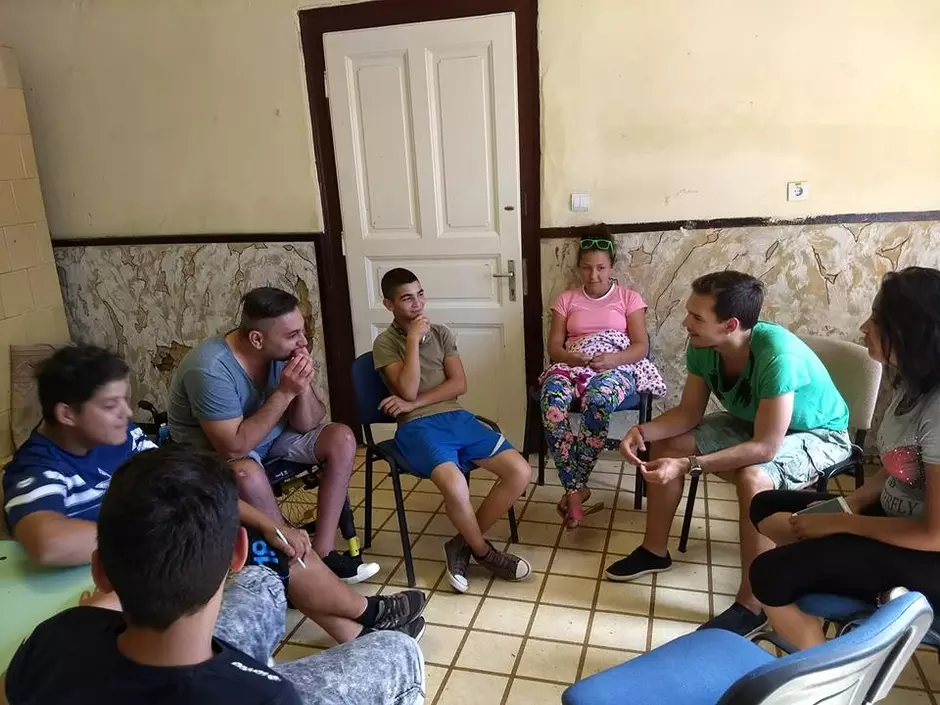
Social & Employment
Location:
Budapest (Hungary)
Sponsor:
Zoltan Mester
Grant:
€6,400 at the 10 April 2018 Selection Committee (2018 Student Solidarity Award 3rd prize).
Project leaders
TarisznyaTaborok (Knapsack Camps)
Central European University (Hungary)
Founded in 2016, Tarisznya Taborok set itself the objective of developing educational and camp-based programmes for children aged 10-14 in Hungary's poorest regions. The organisation undertakes a significant amount of research and activity development work, combining academic trials with artistic projects, which are specially designed for the children and teams.
Summer camps for children
At the summer camps the volunteers roll out projects that use learning to stimulate children's curiosity and motivation, prepare them for the coming school year, and improve their self-understanding and social skills. The educational method is tailored and original - it aims to restore a desire to learn, bolster self-confidence and in this way make the children into more independent learners.
Results are tangible. A clear improvement has been observed in the children's levels of motivation and their academic results, while conflict situations are less frequent. The children acquire the educational and social fundamentals that enable them to face the future with fewer worries. Visits over the course of the year enable the children's situation to be reviewed and new activities to be designed and planned. Volunteers remain in contact with the children by doing this and can ensure that they continue to achieve good results throughout their education.
An initiative that also helps to forge social ties
The initiative also helps to forge social ties. The summer camps are an opportunity for remote villages to host a positive event that brings people together. The initiative helps foster social ties in local communities and among the children and their families who are from different regions and backgrounds. Social cohesion is strengthened in the villages where the camps are organised, notably through contact between parents and volunteer residents.
Volunteer students from the Central European University get involved in running the summer camps with Tarisznya Taborok. As the winners of the third prize at the Student Solidarity Awards, they host Roma and non-Roma children in Hungary's most deprived areas where there are no other support structures at the present time. The aim is to counter the severe identity-based discrimination which splits the population. The organisation wants to play a part in helping Hungarian youth to be united.

